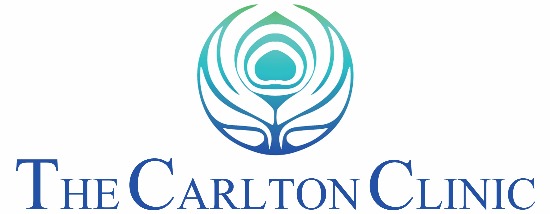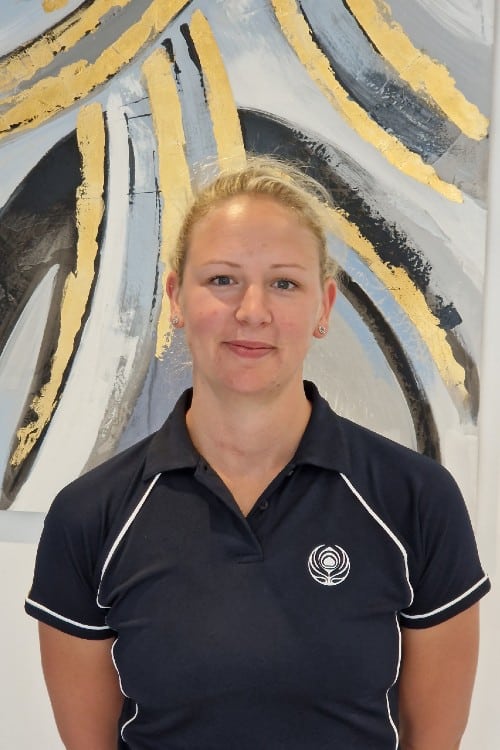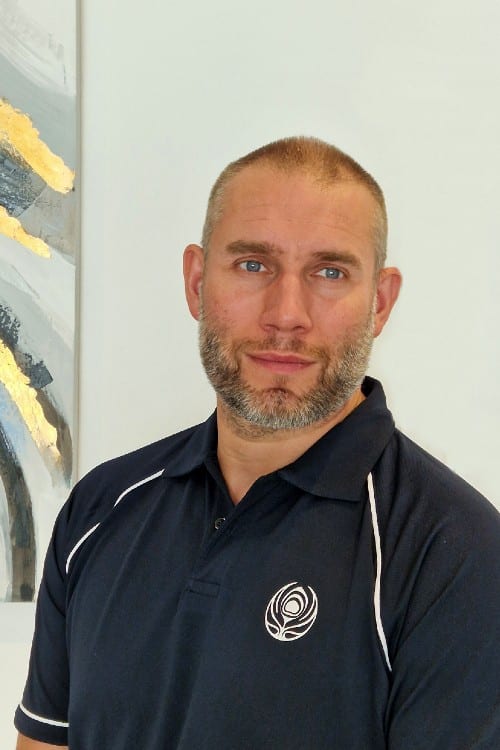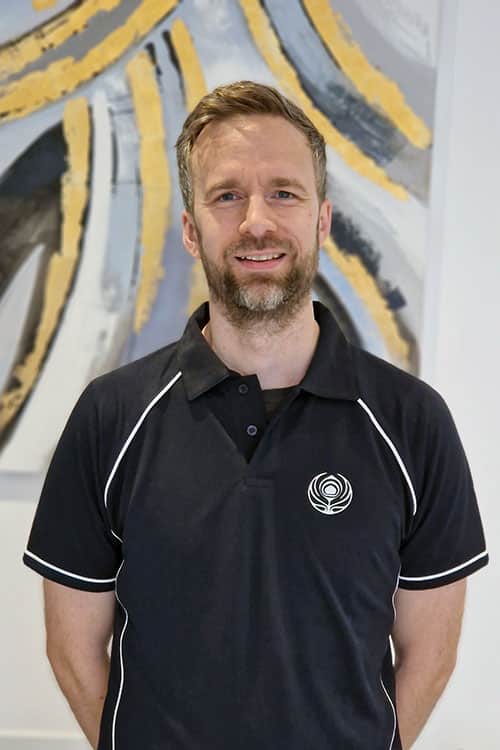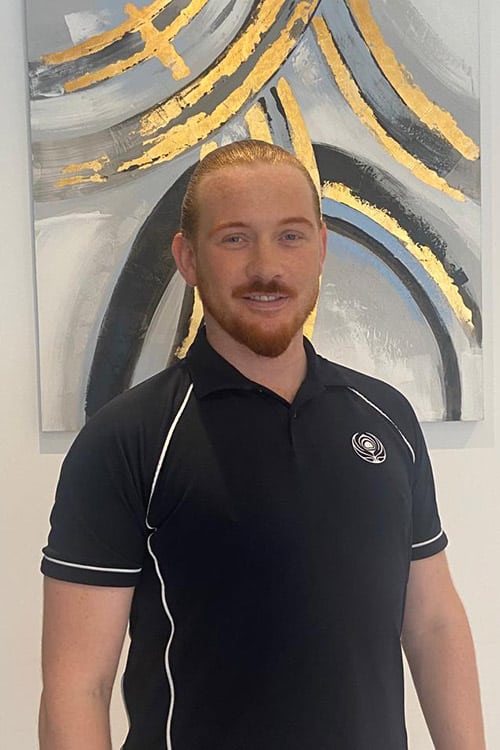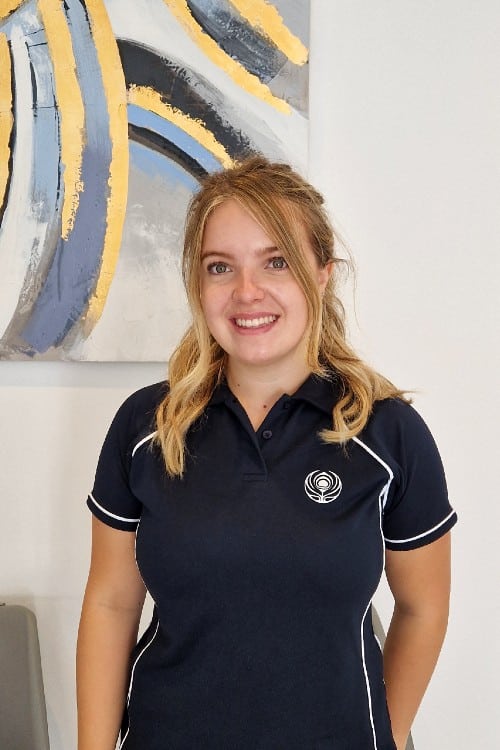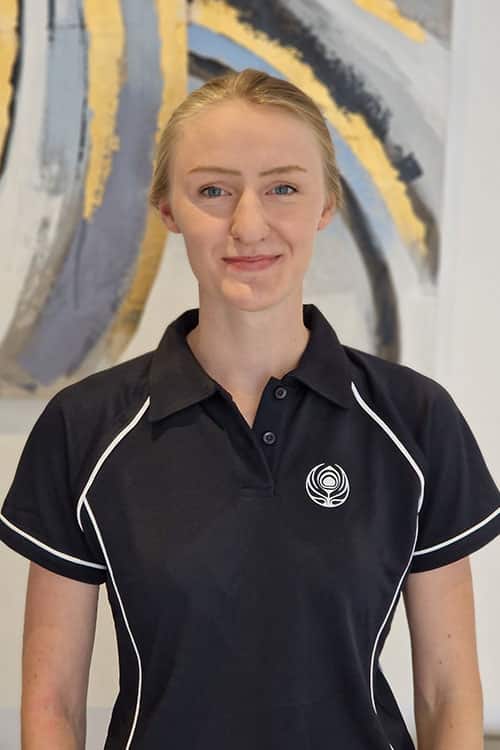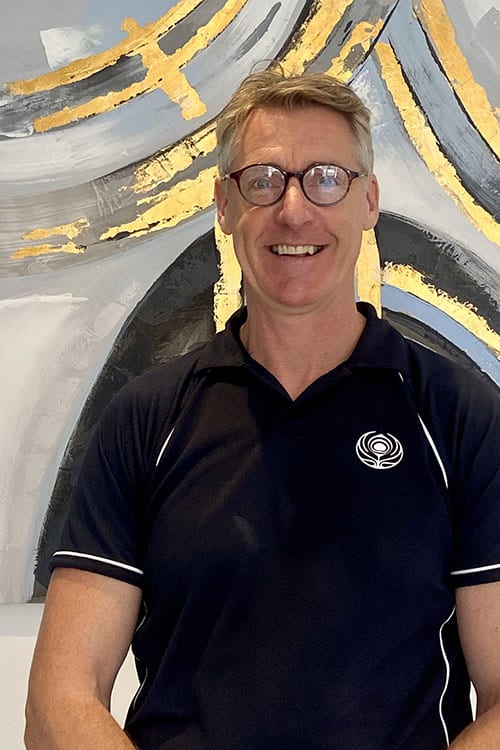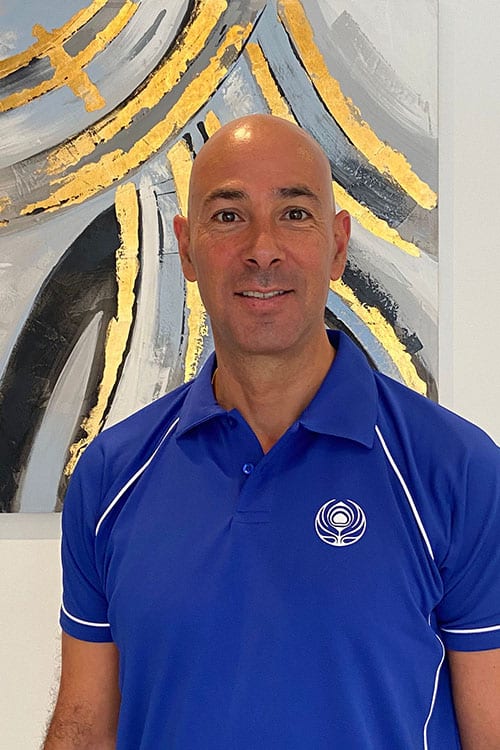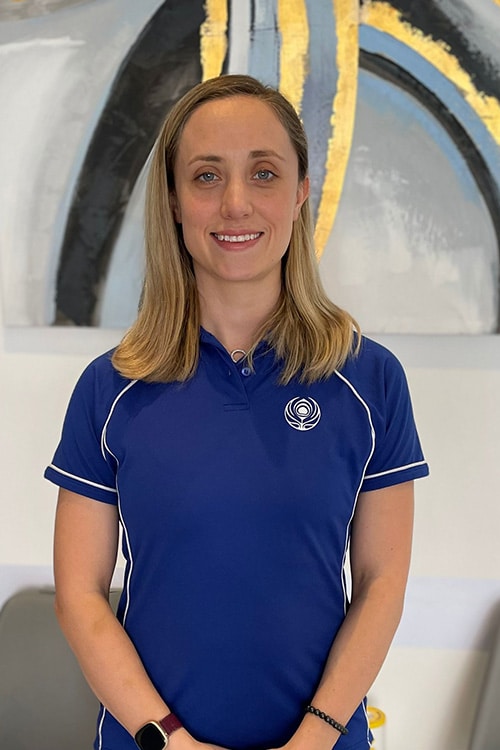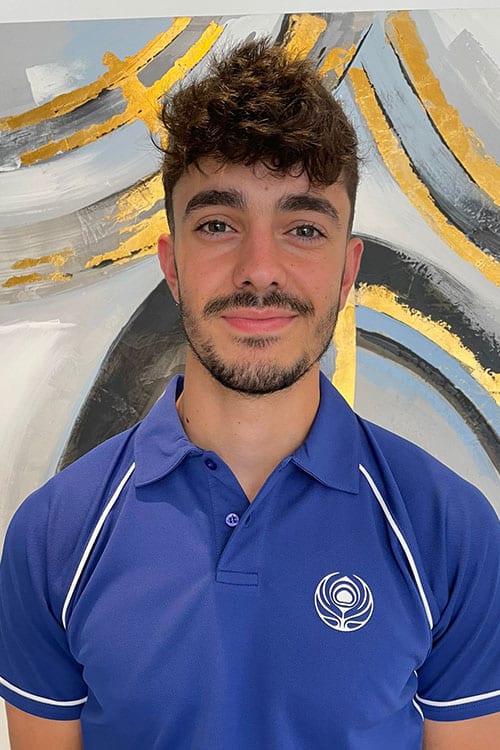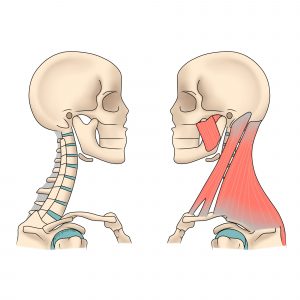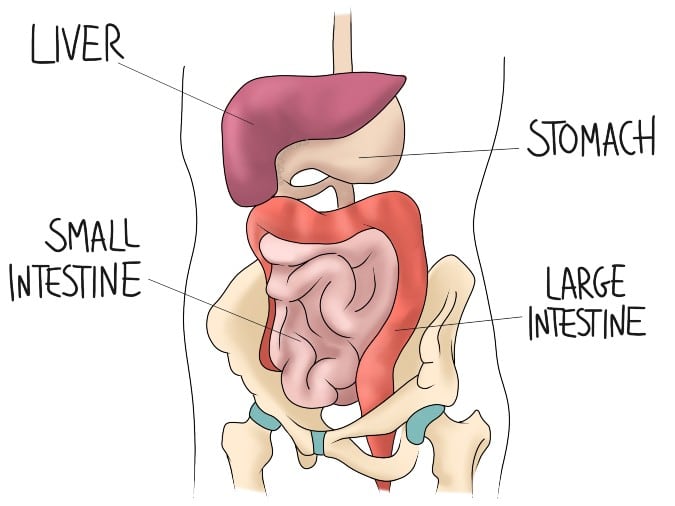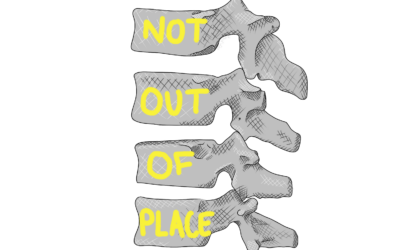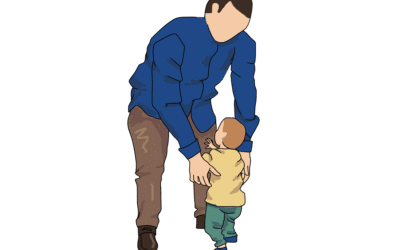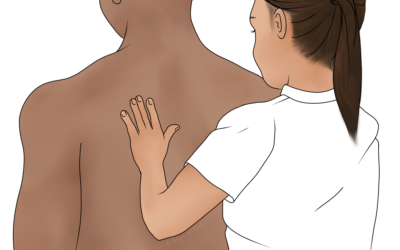The digestive system may seem irrelevant to osteopathy, but we treat the body as a whole, and no system is exempt. We’ve discussed before about the links between stress and the musculoskeletal system, and of course, stress can impact digestion.
Reflux and Osteopathy
When stress disrupts breathing mechanics, it can worsen acid reflux. The diaphragm is a sheet of muscle that divides the abdomen from the thorax. It has a hole in the centre for vessels to pass through, including the oesophagus (food pipe). A diaphragm that is working correctly helps to support the sphincter at the top of the stomach. Reflux occurs when stomach contents flow back up through the sphincter, so the diaphragm can be considered part of the “anti-reflux barrier“.
If your diaphragm is tight, your osteopath can work directly on its front edge during your sessions. Like working on one part of any muscle, this can encourage the whole thing to relax. Although this won’t resolve the original reason for the tightness, it can help with your symptoms and may help to break the cycle. The relationship between reflux and the diaphragm can be self-perpetuating. When we have digestive pain, we often instinctively curl forwards into a protective posture. This can encourage the tightness, which in turn aggravates symptoms.
We can also support your diaphragm between sessions with exercises. One of the easiest is a breathing exercise. Your osteopath can advise you of the details if this is appropriate in your case.
Jaw Pain and Clicking
Moving further up the digestive system still, we come to the jaw. Again, jaw problems can be associated with stress. Teeth grinding (bruxism) or simple jaw clenching can lead to problems within the joint itself. Within the jaw joint there is a cartilage disc. Its role is to cushion the joint, which requires a lot of movement. The jaw does not just open and close, it also shifts forward when you open your mouth far enough. When a structure has a lot of mobility, it can be vulnerable to instability. In the case of the jaw joint, it can be irritated by the chewing muscles.
A couple of small muscles deep in the cheek attach to the disc, and if they become tight they pull on it. In some cases this leads to the disc folding on itself at some points in its movement. Symptoms of this can include clicking, pain, or even locking. Unfortunately, people often don’t know who to see about this. Your osteopath can help, and for more complex cases we can work alongside your dentist too. Treatment might involve treatment of the muscle from outside or inside the mouth (unless you are not comfortable with this), and indirect techniques to work on the joint and muscle.
Additional Theories of Digestion and Osteopathy
There are some links between manipulation of spinal joints and digestive symptoms. The evidence is not particularly vast, but there are some papers to support the idea. The theory is that as the nerves that supply organs of the digestive system originate from various levels in the mid to lower back, treating those areas could positively affect them. Research tends to focus on manipulation of those areas, as there may be an effect on local nerves when we manipulate a joint.
Book an appointment in Crawley or Horley to assess your digestive problems here.
